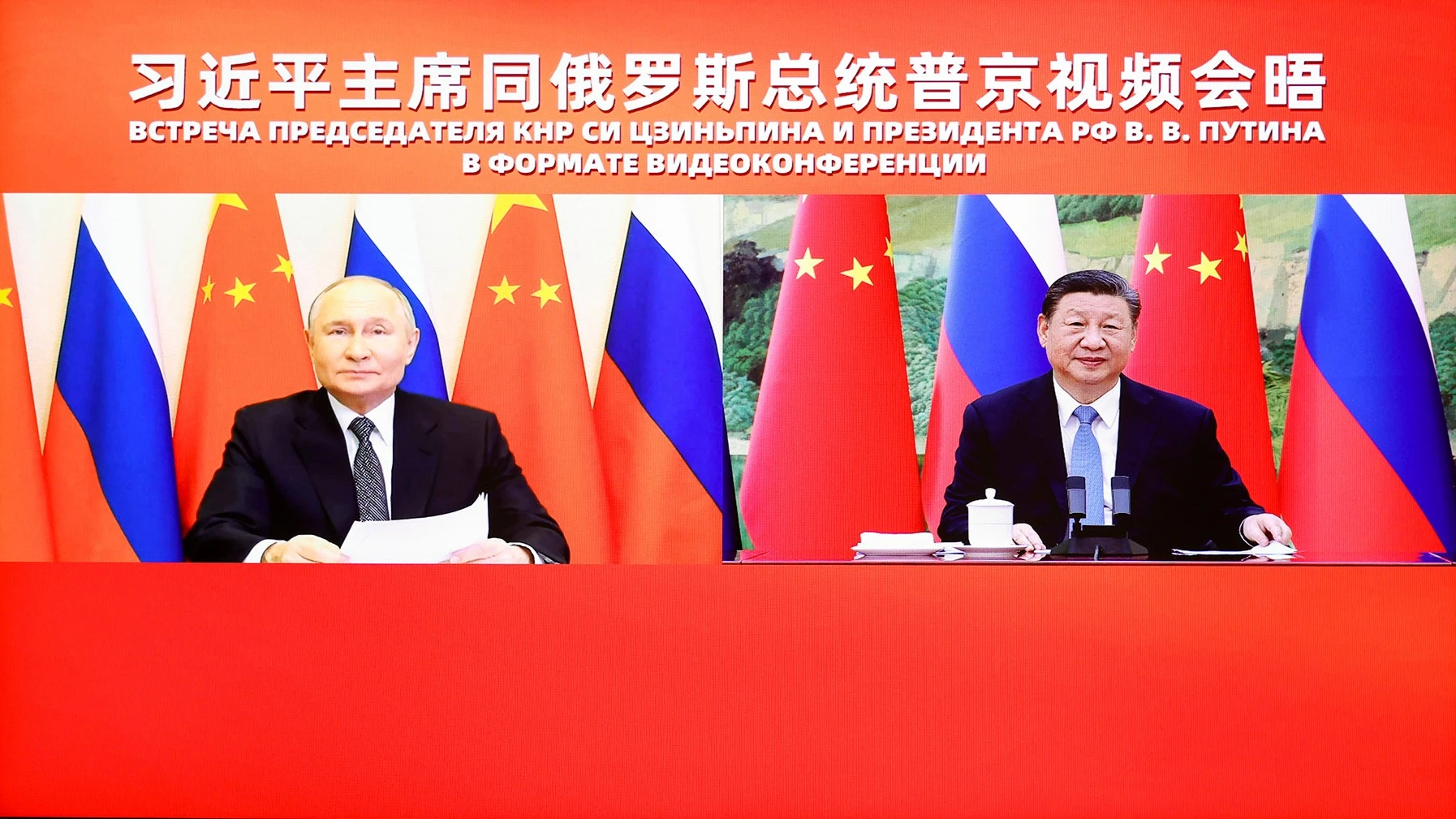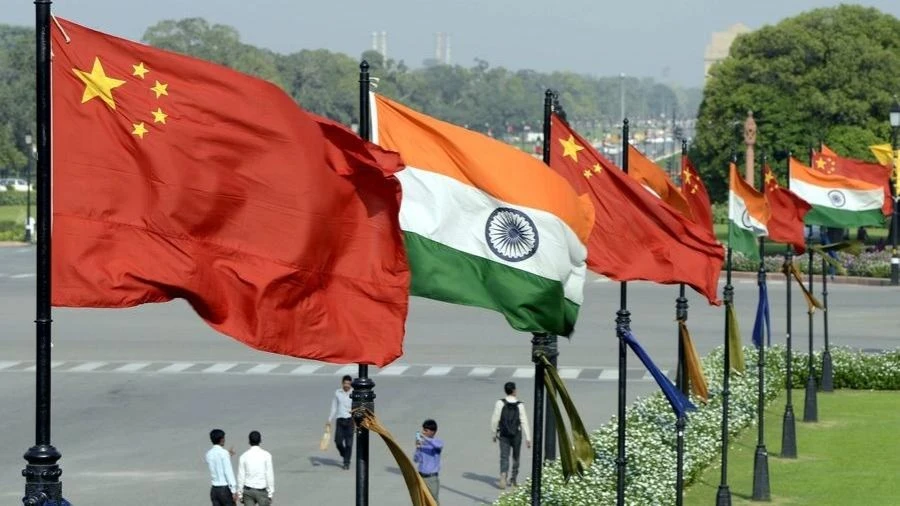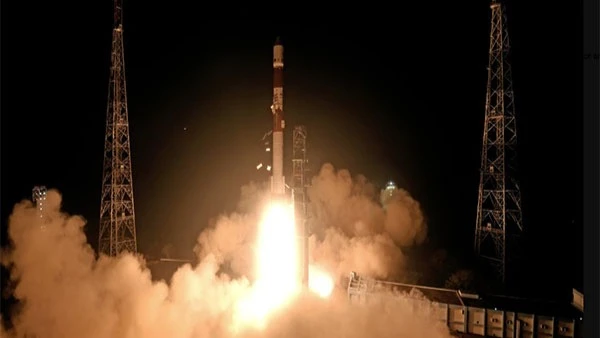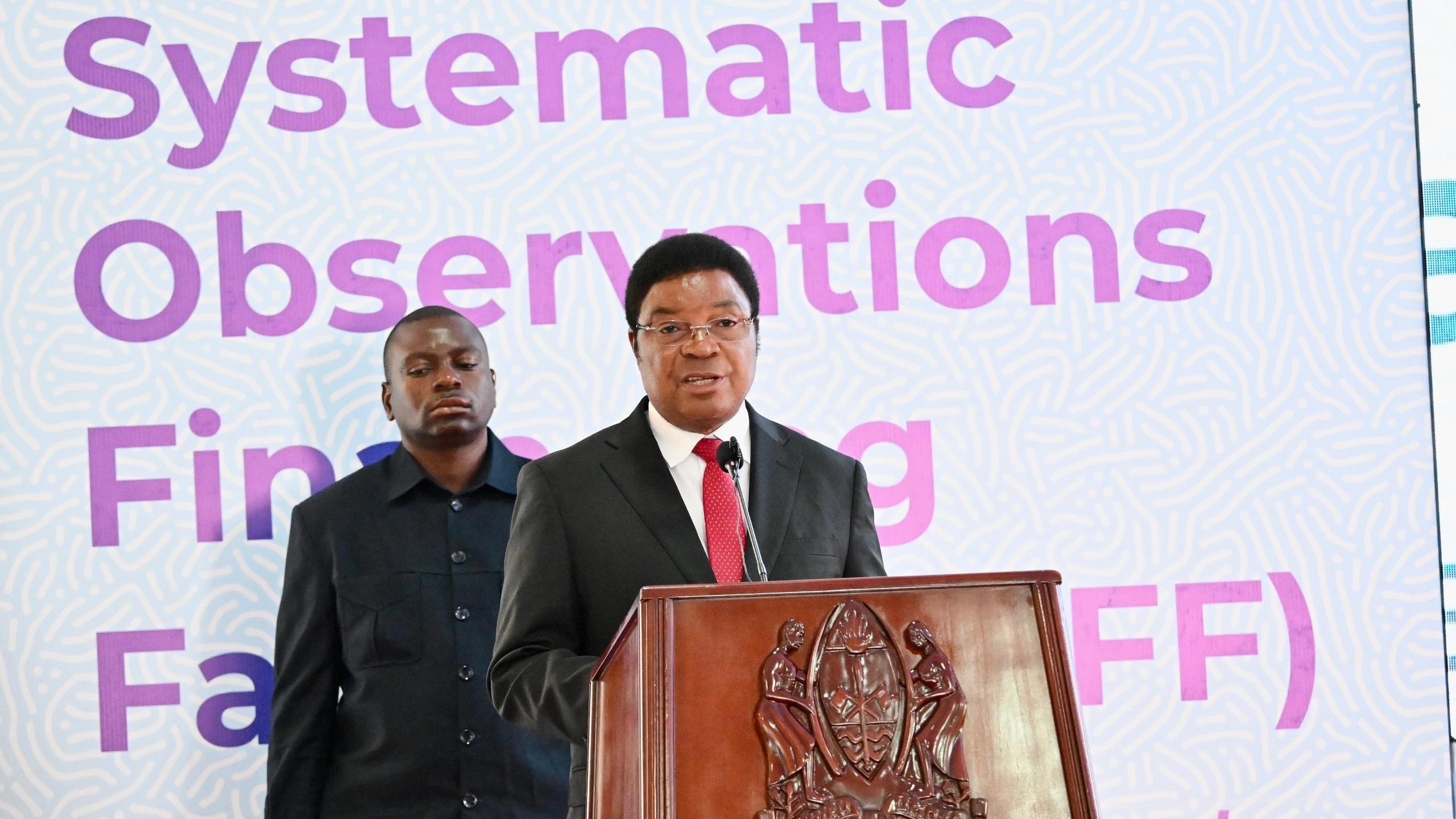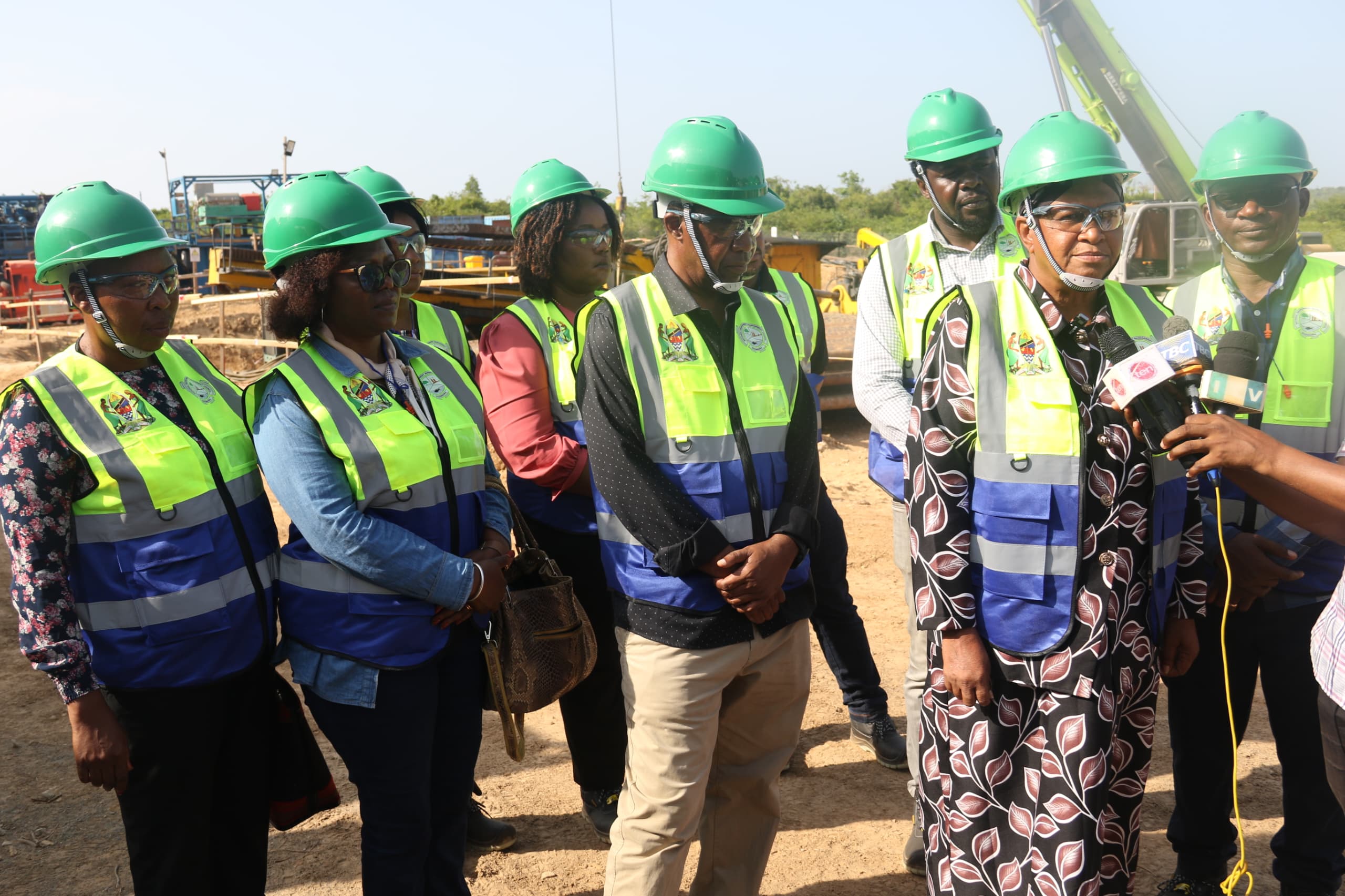Tobacco exports value hit historical record of $438m
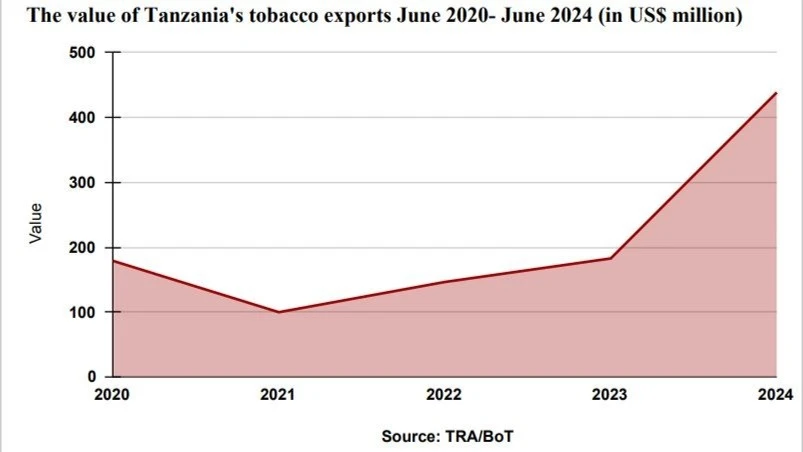
The Value of exported tobacco has hit US$438.5 million during the year ending in June, more than doubled the amount recorded during the year ended in June 2023, data by Tanzania Revenue Authority (TRA) and Bank of Tanzania (BoT) computations have shown.
The amount is more than the targeted US$400 million by the government.
This development has enabled tobacco to surpass coffee and cashewnuts, as the leading traditional exports earning commercial crop, which is currently produced under contractual farming between farmers and buyers.
The increased of the exported value of the crop resulted from an increase of production to 122 million kilo, making it the second producer in Africa after Zimbabwe, as well as an increased commodity price in the world market.
Tanzania’s ascent to the second position underscores the nation’s strategic focus on enhancing agricultural output and increasing its influence in the tobacco industry across the continent.
This accomplishment is a testament to the government’s commitment to fostering sustainable development and economic growth through the agricultural sector.
Minister of agriculture Hussein Bashe said recently that the effort by the government to attract investors during the last three years has stimulated the crop production, as well as increasing the exported volume while prices have growth from US$1.4 per kilo to US$2.4 per kilo.
In the 2024/25 season, the country aims to produce a staggering 200,000 tons of tobacco, with an even more ambitious goal of reaching 300,000 tons in the 2025/26 season, according to the minister.
The minister further said the target is increase exports earning between US$600 million and US$700 million annually.
These objectives signify Tanzania’s commitment to sustained growth and development in the tobacco industry, showcasing the nation’s determination to solidify its standing as a key player in the African agricultural landscape.
Bashe applauded Tanzania’s farmers’ associations and tobacco companies, stating that for the first time more than 50 percent of tobacco has been bought and sold abroad by local companies.
According to Statista, the tobacco products market in Tanzania is projected to generate revenue of US$644.9m in 2024.
“This market is expected to exhibit an annual growth rate of 3.47 percent (CAGR 2024-2029),” says Statista.
The fastest growing export markets for Raw Tobacco of Tanzania between 2021 and 2022 were Japan, Belgium, Poland, and South Korea.
Last week, Tanzanian President Samia Suluhu Hassan laid the foundation stone for a $300 million cigarette factory in Morogoro.
The Serengeti Cigarette Co. factory will supplement the recently reopened Mkwawa leaf-processing facility, which is in the process of expanding its annual capacity from 80 million kg to 200 million kg.
Upon completion, the factory will be the world’s second-largest leaf-processing facility, according to Minister of Agriculture Hussein Bashe.
During the previous administration, the Mkwawa plant ceased operations due to financial and regulatory challenges, including fines totaling 2trn/- ($740.66 million) imposed by The Fair Competition Commission and the Tanzania Revenue Authority.
When President Hasan’s government took office in March 2021, it annulled the fines as part of a program to revive and expand Tanzania’s tobacco business.
Upon completion, the new cigarette factory will employ 12,000 permanent and seasonal positions and generate additional demand for local leaf.
The surge in tobacco production is expected to have cascading effects on Tanzania’s economy, including job creation, increased foreign exchange earnings, and improved livelihoods for farmers.
The minister highlighted the importance of sustainable practices in ensuring the long-term viability of the sector, emphasizing the need for responsible farming and environmental conservation.
In response to this milestone, stakeholders in the tobacco industry have expressed optimism about Tanzania’s potential to further shape the African tobacco market.
The nation’s ability to meet and surpass production targets has instilled confidence among investors, with the private sector indicating interest in expanding operations and exploring new opportunities within Tanzania’s burgeoning agricultural landscape.
Top Headlines
© 2025 IPPMEDIA.COM. ALL RIGHTS RESERVED












